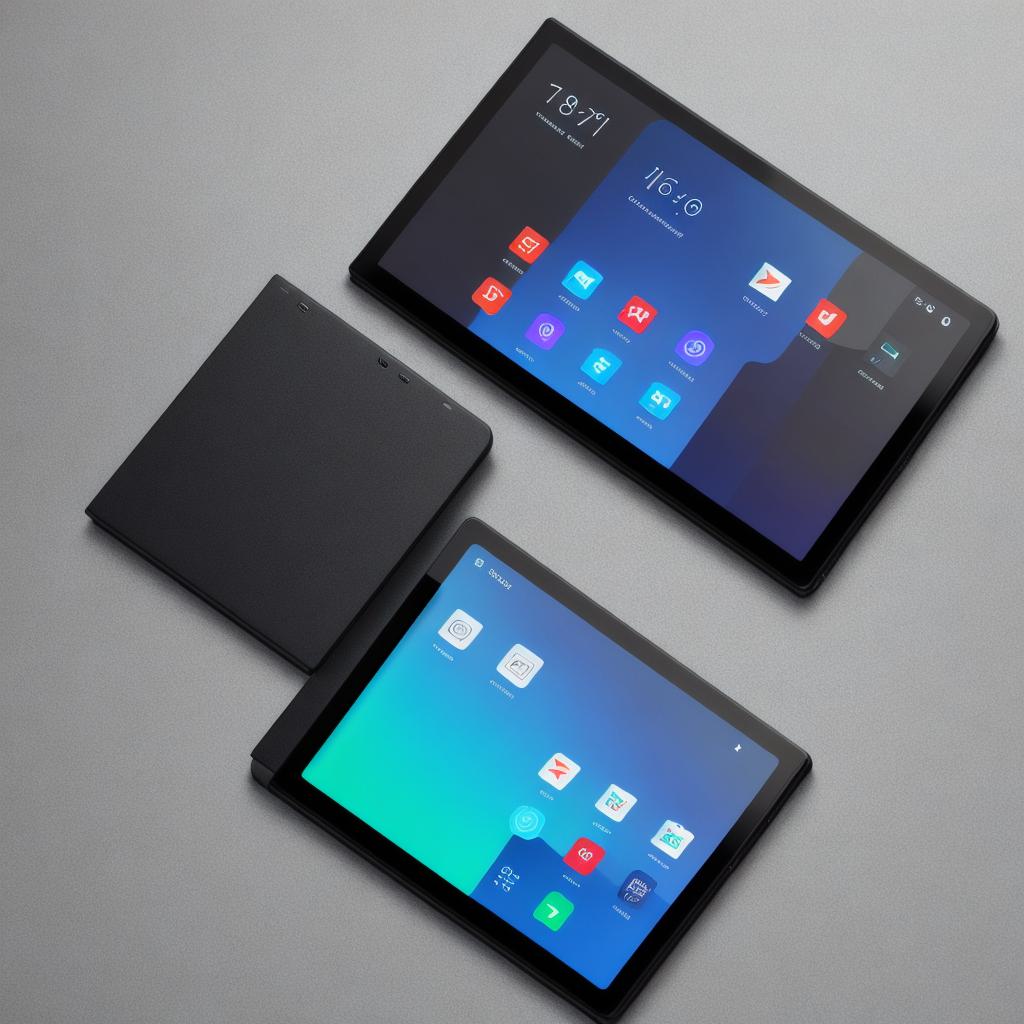Android is one of the most popular mobile operating systems, with over 2 billion active devices worldwide. With its open-source nature, Android has become a favorite platform for developers to create innovative and engaging applications that cater to the diverse needs of users. In this article, we will explore some of the advancements in Android development that we can expect in the near future.
- Foldable Devices and Flexible UI Designs
One of the most exciting developments in Android is the rise of foldable devices. These devices, which can fold in half or unfold into a larger screen, have already started to hit the market, with manufacturers like Samsung leading the way. As these devices become more popular, developers will need to adapt their designs to accommodate the unique form factor. This could mean creating UI designs that are flexible and can adjust to different screen sizes, or using new technologies like flexible OLED screens to create more immersive and engaging user experiences.
- Augmented Reality (AR) and Virtual Reality (VR) Integration

Another area where we can expect advancements in Android development is in the integration of augmented reality (AR) and virtual reality (VR) technologies. With the increasing popularity of AR and VR devices, developers will need to create applications that can take advantage of these new technologies. This could mean creating games or educational applications that use AR to overlay digital information onto the real world, or using VR to create immersive experiences that transport users into virtual worlds.
- AI and Machine Learning Integration
Artificial intelligence (AI) and machine learning (ML) have already started to play a significant role in Android development. With the increasing availability of powerful hardware and cloud services, developers can now easily incorporate these technologies into their applications. This could mean creating personalized assistants that learn from user behavior and preferences, or using AI-powered algorithms to optimize performance and reduce battery consumption.
- Security and Privacy Enhancements
Security and privacy are becoming increasingly important concerns for Android users. In response, developers will need to incorporate new security features into their applications to protect user data and prevent unauthorized access. This could include using encryption and other security protocols to protect sensitive information, or implementing multi-factor authentication to prevent unauthorized access to user accounts.
- New Form Factors and Use Cases
As Android continues to evolve, we can expect new form factors and use cases to emerge. For example, we might see the rise of smartwatches or other wearable devices that run Android, allowing users to access their favorite applications and services from their wrists. We might also see Android used in new and innovative ways, such as in the Internet of Things (IoT) or in industrial settings.
Conclusion
The future of Android development is bright, with a range of exciting advancements on the horizon. From foldable devices to AI integration and beyond, developers will need to stay up-to-date with the latest trends and technologies to create innovative and engaging applications that cater to the diverse needs of users. As the platform continues to evolve, we can expect to see new form factors and use cases emerge, making Android an even more versatile and powerful tool for developers.
